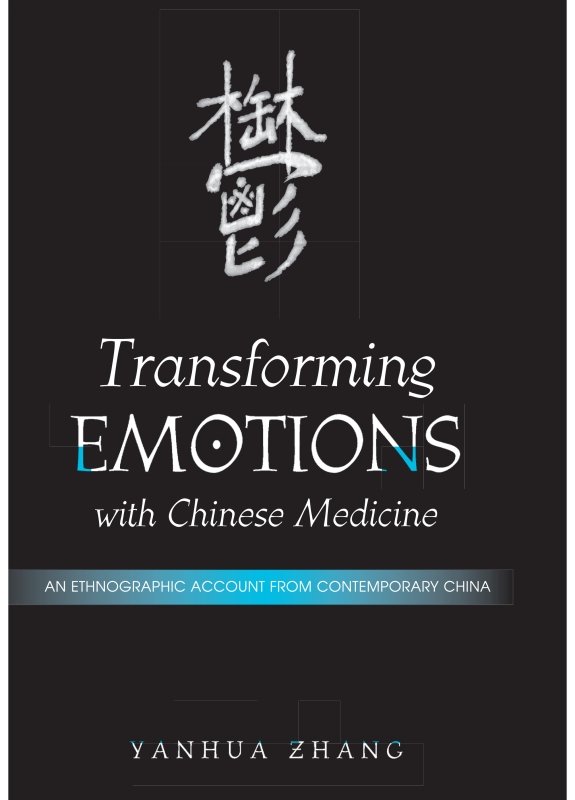
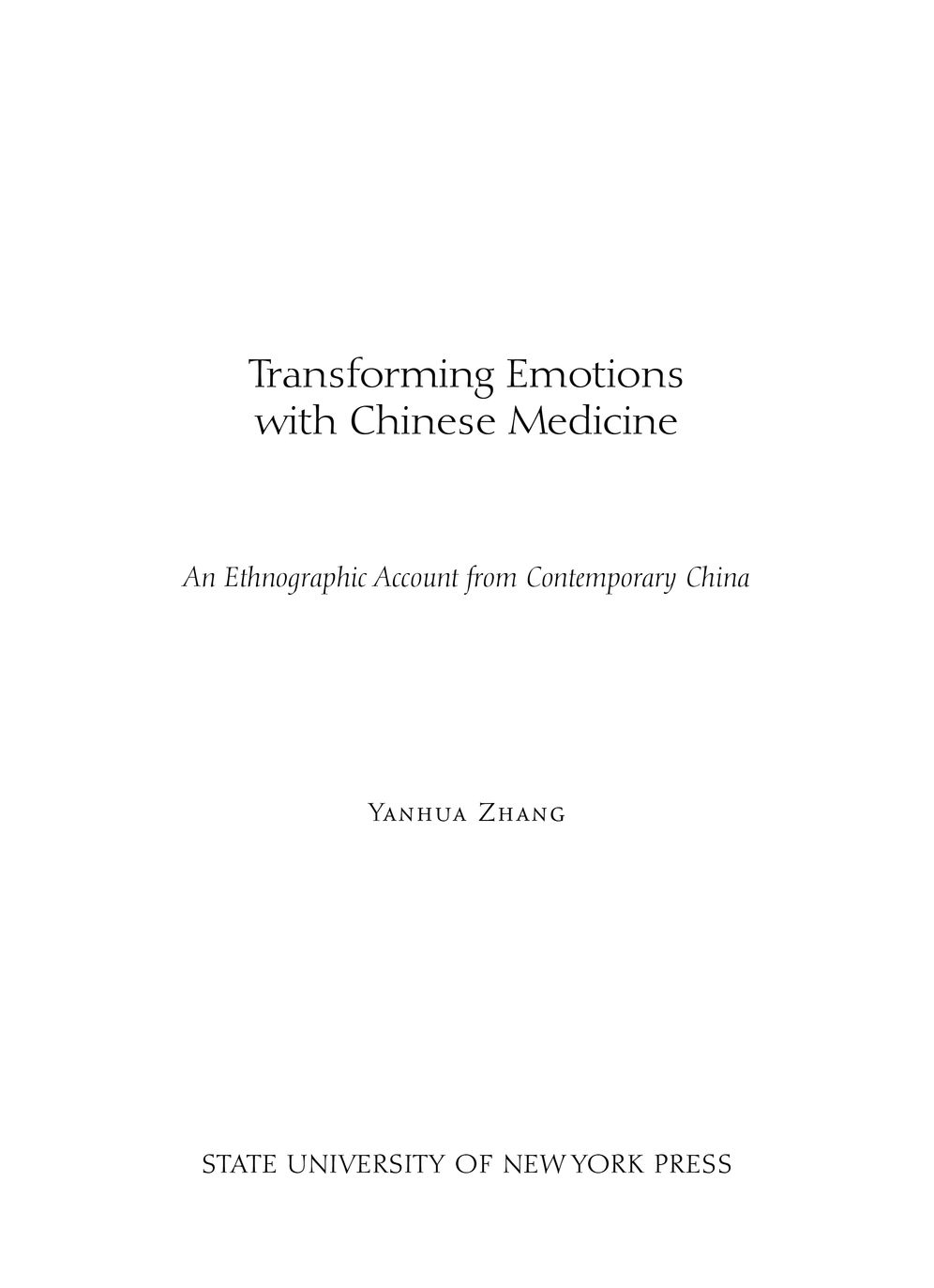
Table of Contents
Table of Figures
List of Tables
SUNY series in Chinese Philosophy and Culture
Roger T. Ames, editor
For my parents.
Acknowledgments
This book has benefited from the generous assistance and support of many individuals and institutions. The study leading to this book began at the University of Hawaii at Manoa when I was a graduate student. I have had wonderful teachers: Roger Ames, Jack Bilmes, Fred Blake, Nina Etkin, Allen Howard, Thomas Maretzki, Anthony Marsella, Gregory Maskarinec, and Geoffrey White. They have directly and indirectly contributed to the formation of many ideas in this book. I owe special thanks to Fred Blake, the chair of my dissertation committee, whose guidance and encouragement saw me through the arduous process of dissertation writing, and to Roger Ames, who read the manuscript several times and whose critical comments are largely responsible for the improvement of the present book from the original dissertation. Several other people have read the entire or parts of the manuscript at its different stages. John DeFrancis meticulously went over my bilingual transcript of the clinical interaction and offered detailed corrections and suggestions; Judith Farquhar read and commented on an earlier version of the chapter on zhongyi clinical classifications; and Louis Bregger at Clemson University proofread the entire manuscript at least twice. My colleague, Joan Bridgwood, helped with the final proofreading of the book. I am thankful for their assistance.
During the long process of the research and writing of this book, I learned a lot from my fellow graduate students and colleagues through conversations and discussions. I benefited from the insights, criticism, and camaraderie of Weirong Cai, Nancy Cooper, Dphrosine Daniggelis, Bingzhong Gao, Melissa Schrift, Chenshan Tian, Yanyin Zhang, Deborah Zvosec, and many others.
My field research benefited greatly from the help and support of many friends and colleagues in Beijing, China. I want to thank my affiliated institution in Beijing, the School of Ethnology and Sociology at Central University for Nationalities, for hospitality and institutional support. I want especially to thank Yang Shengmin and Teng Xing for introducing me to their network of social relations and helping arrange my fieldwork site. I thank all the students and practitioners of Chinese medicine I met and interacted with in Beijing, particularly Wang Xiuzhen and Cao Pei. They generously shared their knowledge and experience of Chinese medicine with me and patiently answered my questions. Director Zhou Shaohua of Xiyuan hospital provided me with the best fieldwork environment I could ever hope for. He was not only the best zhongyi teacher to me, but also my most knowledgeable resource in Chinese medicine. I am also deeply grateful to the patients involved in my research for their trust and generosity. My responsibility to protect their anonymity prevents me from naming them individually, but my deepest gratitude goes to them.
My field research was funded by a grant (Grant No. 5668) from the Wenner-Gren Foundation. I would also like to acknowledge the assistance and support from the Center for Chinese Studies at the University of Hawaii at Manoa. The opportunities to work in their various China-related projects and access to their resources facilitated the completion of the original dissertation. For this, I am particularly thankful to Cynthia Ning, the associate director of the Center, and Daniel Tschudi. Course relief provided by the Department of Languages of Clemson University helped speed up the writing of the final version of this book.
My thanks also go to everyone at SUNY press whose hard work helped to turn my manuscript into this book.
My parents supported my professional pursuit in every way they could. They acted as surrogate parents to my daughter for many years while I was away doing my graduate studies in the U.S.; and they housed me while I was doing fieldwork in Beijing.
Cover Calligraphy by Michael M. Chen.
I.
Introduction
This book offers an ethnographic account of emotion-related disorders as they are understood, experienced, and treated in the clinics of Chinese medicine or
zhongyi
in contemporary China. Central to this enquiry is a
zhongyi category of illness,
qingzhi bing
or
qingzhi lei jibing
(emotion-related disorders),
THEORETICAL ORIENTATIONS
It is quite common for a medical anthropologist to imagine culture as a shared, unified set of beliefs and values that produce, cause, or govern and thus explain illness and health behaviors. The earlier studies of culture-bound syndromes exemplifies this approach, in which culture is seen as playing either a pathogenic or pathoplastic role in the manifestation of syndromes, such as amok and latah in Southeast Asia.
This culture versus a universal disease approach is problematic in several ways. First, local knowledge is measured against the Western conceptual categories understood as normative and universal; the difference is perceived as deviant from the norm and then explained by referring to local cultural beliefs and practices. Sometimes, the argument can go the other way around. A harmonious and therapeutic traditional culture is presented in contrast to disintegrated, alienating, and pathogenic modern society. Second, as shown in recent medical anthropological studies, illness behavior and health-seeking strategies are complicated processes that respond to a complex of personal, social, and material exigencies and involve negotiating among diversified perspectives and resources available to patients and their families. To assume that people make rational decisions simply based on what they believe and explain the complexity of health and illness in terms of a few oversimplified cultural rules and beliefs offers an impoverished understanding of both culture and medicine.
My ethnographic account of emotion-related disorders in the context of Chinese medicine is informed by three different theoretical perspectives.
My approach to the Chinese experience of emotions and illness is inspired by the recent anthropological discourse of embodiment that locates culture in the lived body of everyday practice and directs analytical attention to the experiential aspect of culture in everyday life.
Desjarlais, in an ethnography based on his field experience among the Yolmo of Nepal, proposes an analytical approach that attends to the surface imagery, felt quality, and embodied values intrinsic to moments of illness and healing. In my writing of
qingzhi disorders, I pay similar attention to felt quality of culture that informs and gives styles and meaning to Chinese experience of pain and malaise. By attending to aesthetics of body-person (
shenti
) that ordinary Chinese are tacitly oriented to in their everyday lives, my study explores the interplay among the bodily sensibilities,


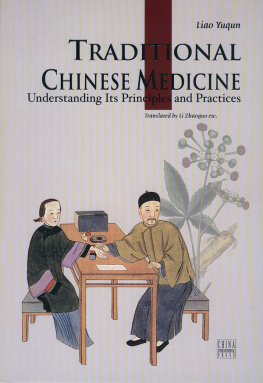
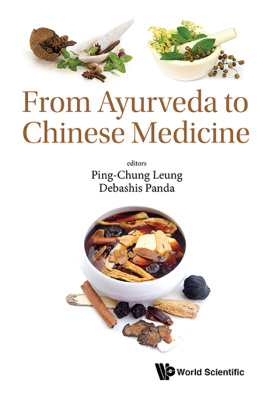

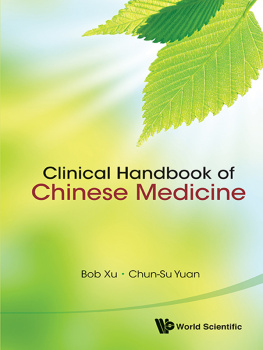
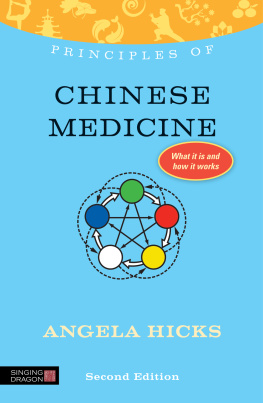
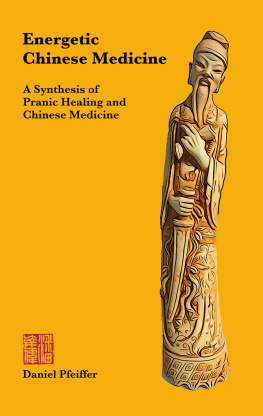


 in contemporary China. Central to this enquiry is a zhongyi category of illness, qingzhi bing
in contemporary China. Central to this enquiry is a zhongyi category of illness, qingzhi bing or qingzhi lei jibing
or qingzhi lei jibing (emotion-related disorders),
(emotion-related disorders), ) that ordinary Chinese are tacitly oriented to in their everyday lives, my study explores the interplay among the bodily sensibilities,
) that ordinary Chinese are tacitly oriented to in their everyday lives, my study explores the interplay among the bodily sensibilities,